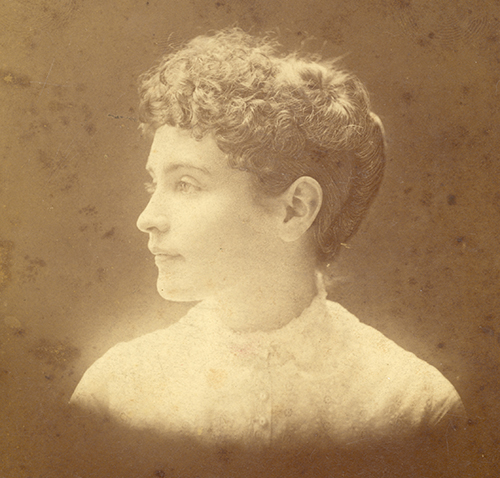Content tagged with this term
“At the American Foundation for the Blind (AFB), we have worked for nearly a century to break down societal barriers and eliminate discrimination by achieving equal access to the world of copyrighted works. But for all the promise of technology to provide equal access to copyrighted works, the copyright laws that protect those works have sometimes served to impede that technology.”
Welcome to this, the sixth day of our 8-day #BeAMiracleworker campaign. The total has risen to a fabulous $22,656! However, we still need to raise $2,344 to reach our goal of $25,000, and we only have two days left of the fundraiser. Remember, every dollar we raise will be matched by the National Endowment for the Humanities, so please donate now and be a miracle worker. And don’t forget to follow the campaign’s progress on Facebook.
Struggles to achieve equality are never completely won.
Allegations of bias and the tragic stain of racist violence dominate headlines decades after the Civil Rights Act was signed. American women strive—still—for equal pay in the workplace. And even as LGBT Americans celebrate the U.S. Supreme Court’s affirmation of same-sex marriage, the response in some sectors of the country signals that their fight for acceptance is far from over.
Anne Sullivan Macy (1866-1936) was a woman whose brilliance, passion, and tenacity enabled her to overcome a traumatic past. She became a model for others disadvantaged by their physical bodies, as well as by gender or class.
BLINK Act on Fast Track for Congressional Action!
In a surprise move early this morning, key leaders in both the U.S. Senate and House of Representatives have reached bipartisan agreement on brand new landmark legislation requiring all sighted students across America to exclusively learn and use braille. The bill, entitled the Braille Literacy Is Necessary Knowledge (BLINK) Act, was only introduced late last evening in an attempt by the bill’s champions to thwart mobilized opposition by proponents of vision dependency.
Last month, the AFB Policy Center ramped up our focus on demographics and data with two exciting projects:
Upcoming Opportunities to Learn More!
According to 2013 data from the American Community Survey (U.S. Census Bureau, 2014), an estimated 668,000 American children and youth ages 5 to 21 are blind or have trouble seeing. Of those, over 159,000 (almost 24%) speak a language other than English at home.
The Institute for Education Sciences (IES) is the research arm of the U.S. Department of Education, responsible for sponsoring and conducting research and disseminating evidence to support education practices and policy. IES sponsors research through grant competitions run by its national centers, including the National Center for Education Research (NCER) and the National Center for Special Education Research (NCSER).




